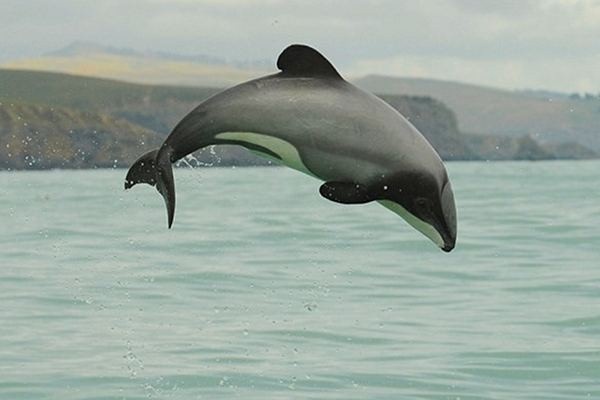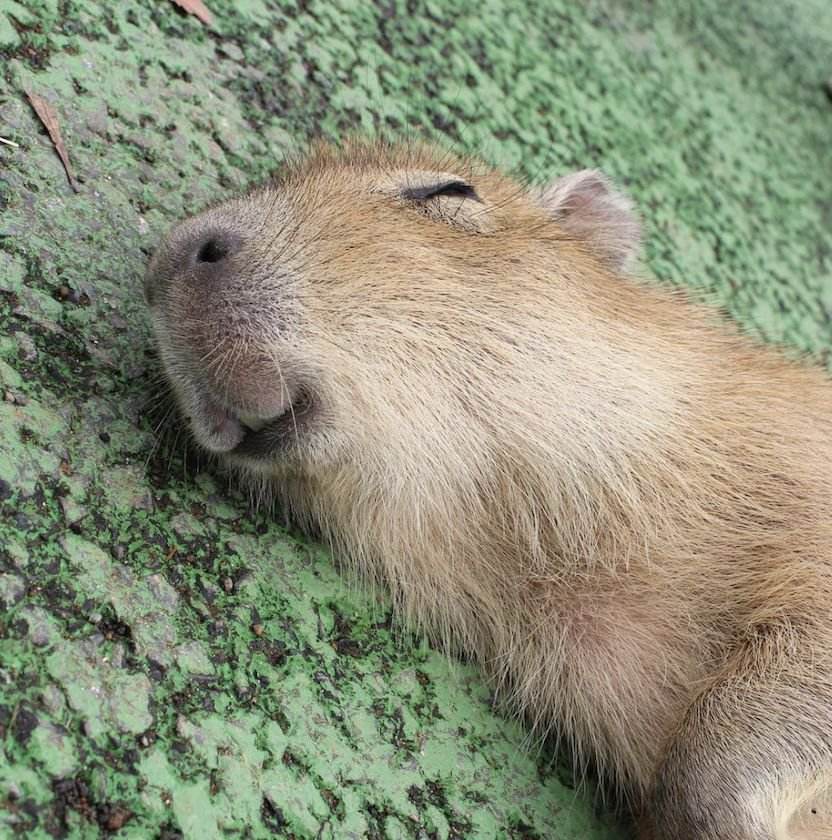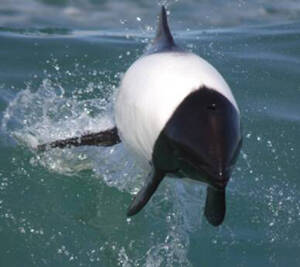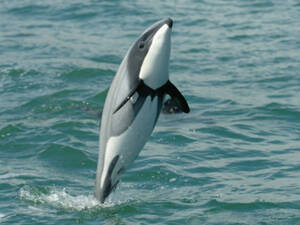Mesoplodon traversii
IUCN
LCBasic Information
Scientific classification
- name:Mesoplodon traversii
- Scientific Name:
- Outline:Cetacea
- Family:D.whale
Vital signs
- length:About 5 meters
- Weight:No verification information
- lifetime:No verification information
Feature
It is a rare species living in the ocean.
Distribution and Habitat
Distributed in the warm, deep waters of the eastern tropical Pacific
Appearance
The body color is gray and the body length can reach more than 5 meters, the exact length is unknown.
Details
Spade-toothed whale (Mesoplodon traversii), foreign media reported that scientists discovered the world's rarest whale for the first time in New Zealand. In December 2010, two spade-toothed beaked whales, a mother and her calf, were found stranded on Opape Beach on New Zealand's North Island and eventually died. The mother was about 17 feet (5.3 meters) long and the calf was only 11 feet (3.5 meters) long. The report on this discovery and the DNA analysis of the whales were published in the journal "Contemporary Biology" on November 6. "Before this, everything we knew about spade-toothed beaked whales came from three partial skulls collected from New Zealand and Chile 140 years ago. It is incredible that we know almost nothing about such a huge mammal." said Rochelle Constantine, a marine biologist at the University of Auckland in New Zealand. "This is the first time this species has been seen in its entirety, and we are very lucky to have found two examples."
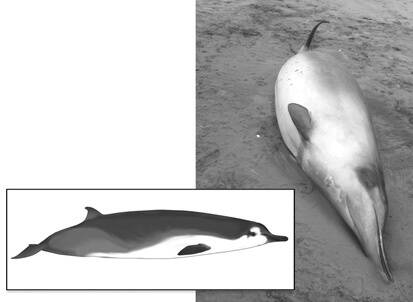
Initially, scientists thought the animals were common among grey beaked whales. Their uniqueness was not discovered until DNA analysis was performed on them as part of a 20-year project to collect data on beaked whale species in New Zealand waters. According to research reports, New Zealand is a hot spot for whale strandings, with the highest rate and greatest diversity of stranded whale species in the world.
The New Zealand Conservation Agency took photos of the whales and collected tissue samples. "When these species came into the lab, we routinely took DNA samples and were surprised to find that these whales were actually shovel-toothed beaked whales," Constantine said. "We tested the samples several times before finally making the discovery public."
Protect wildlife and eliminate game.
Maintaining ecological balance is everyone's responsibility!

